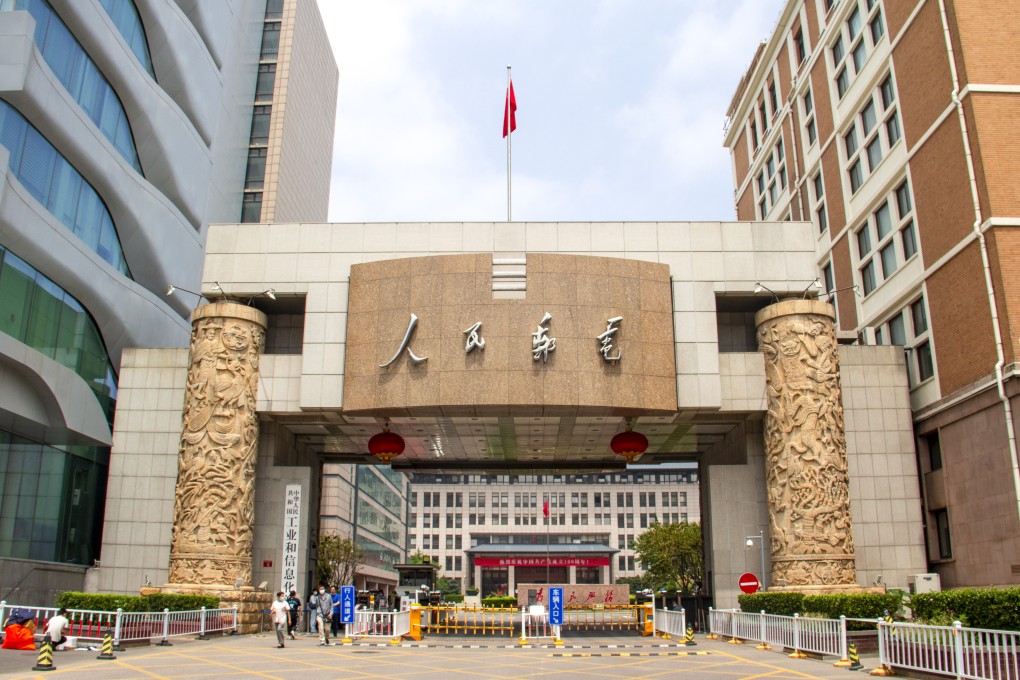Beijing names another 107 apps for data violations, including ones from Xiaomi, Shangri-La, IHG
- This is the Ministry of Industry and Information Technology’s first list in 2022 of apps that have violated laws on data collection and usage
- There have been 21 such lists since 2019, which is part of Beijing’s effort to rein in a once freewheeling internet sector

China’s Ministry of Industry and Information Technology (MIIT) has ordered the rectification of 107 apps, including a live-streaming platform from smartphone maker Xiaomi and hotel booking apps for Shangri-La and IHG, over violations related to excessive data collection and app permissions in an ongoing effort to rein in the usage of consumer data.
The list also includes an app from American hotel chain Super 8, the online clinical service from Chinese insurer Taikang, and two apps from Offcn Education Technology Co, one of the major companies that provides tutoring for civil servant and public school teacher qualification exams, according to an MIIT statement on Friday.
The apps were found to have “illegally collected individual data”, “forced users to turn on notifications” or “forcefully, frequently and excessively requested permissions”.
The MIIT also listed 13 software development kits over the illegal collection of user data. The kits include those for Baidu’s location service, ByteDance’s advertising platform Ocean Engine, and NetEase QiYu, an intelligent customer service and marketing solution under video gaming giant NetEase.
The MIIT said the software’s behaviour violated several laws, including the Cybersecurity Law and the Personal Information Protection Law, which went into effect last November. The ministry told the companies to correct the problems by February 25 or face punishment, which was unspecified.
The companies named did not immediately respond to requests for comment.
The MIIT, along with the Cyberspace Administration of China (CAC), has been exercising its increasingly broad authority to rein in a once freewheeling internet sector. Calling out app developers over data practices has been a regular occurrence since 2019.
